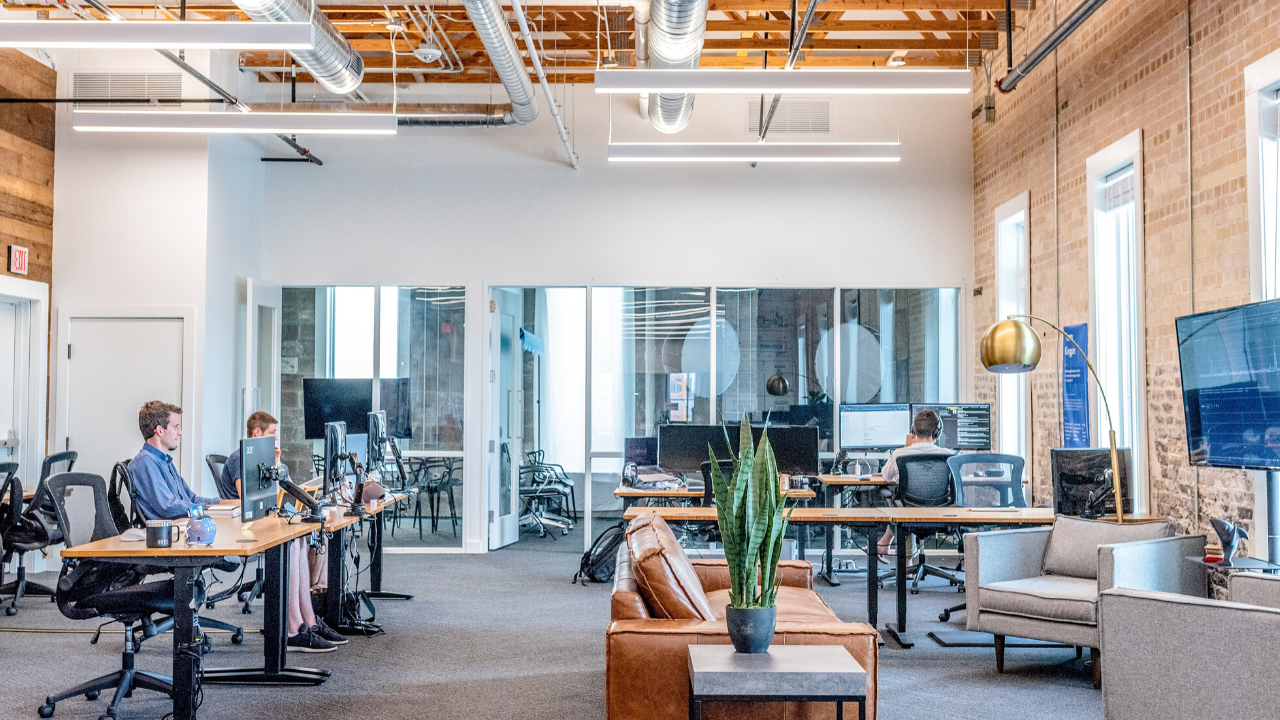While technology is at the forefront of the workplace evolution, there are many cultural shifts expected to happen thanks to millennials and Generation Z taking over the workforce.
A BridgeWorks report finding that 61 million people from Gen Z will enter the workforce in 2020. With this, companies will experience a multi-generational workforce that will bring workers from various generations together and in order to cater to this, organizations must reshape their business models to attract and retain this diverse group of professionals
As Gen Z continues to take up a big portion of the workforce, companies should reevaluate their level of digital and mobile maturity to adapt to these digitally fluent remote workers who have the means to be productive outside of the office by integrating technologies such as AI, data science, augmented/virtual reality, the Internet of Things, cloud computing and more.
In order for companies in 2020 to further support the employee experience and ensure company success, they must start offering flexible work hours, wellness rooms, technology and other perks that promote a healthy work-life balance. To ensure employee satisfaction, businesses should find social connectivity and community-building activities that create a natural bond with workers.
Moving forward, workplaces should be driven by collaborative communities. Despite much of the younger generations seeking to work remotely, connecting through digital tools can help connect employees regardless of where they are working from. This can be achieved through tools such as software integration, corporate employee networks and the various collaboration tools that exist.

 Dr. Gleb Tsipursky – The Office Whisperer
Dr. Gleb Tsipursky – The Office Whisperer Cat Johnson – Coworking Marketing Maven
Cat Johnson – Coworking Marketing Maven Angela Howard – Culture Expert
Angela Howard – Culture Expert Drew Jones – Design & Innovation
Drew Jones – Design & Innovation Andrea Pirrotti-Dranchak – Competitive Advantage
Andrea Pirrotti-Dranchak – Competitive Advantage Jonathan Price – CRE & Flex Expert
Jonathan Price – CRE & Flex Expert Jeremy Fennema – Tech Innovation Alchemist
Jeremy Fennema – Tech Innovation Alchemist







